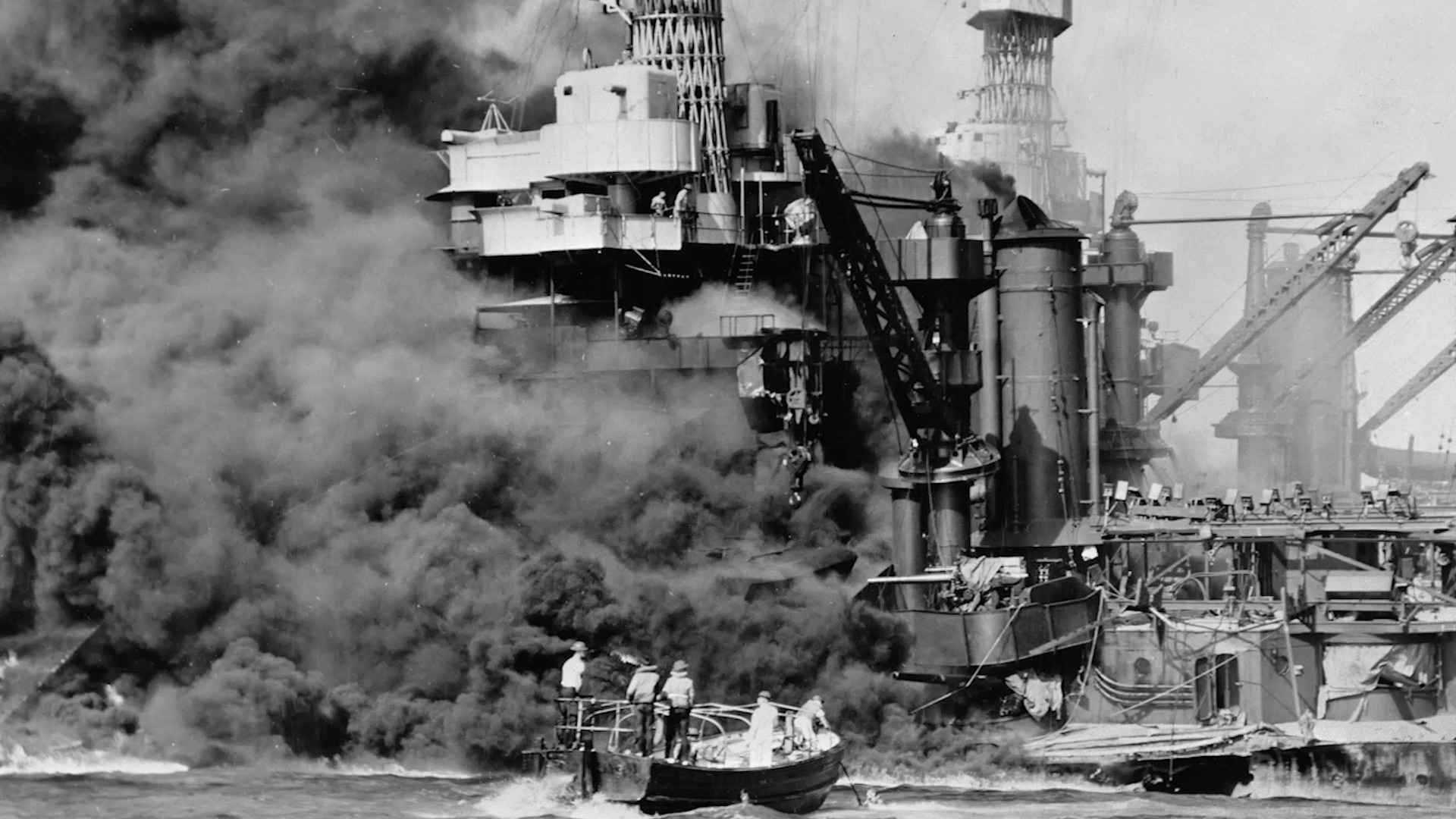

The massive casualties of the First World War made Americans isolationist. 5 Whichever viewpoint one chooses, an understanding of the events directly after World War I are essential. Other historians and conspiracy theorists perceive FDR as a Fascist or master of deceit.

Some historians and experts view FDR as a martyr who faced the obstacle of the isolationist attitude of America in order to save Europe. The common denominator to both components of this theory is the idea of FDR’s deception of the American public, by both his possible knowledge and provocation in order to obtain entry into war by means of Pearl Harbor. National Archives.ĭid FDR provoke the Japanese into an act of aggression so as to lead American’s willingly into intervention in Europe? This question, based on knowledge and provocation, has caused numerous debates focusing on the events prior to Pearl Harbor. Roosevelt delivers the 'Day of Infamy' speech to a joint session of Congress on December 8, 1941. An in-depth analysis of FDR’s actions and motives leading up to the “day of infamy,” has also been under a microscope in hopes of revealing a manipulated entry into World War II. The question of his knowledge prior to the attack has lead to extensive research by the Naval Intelligence in the 1940s, specifically in decoding. The question regarding FDR’s prior knowledge of Pearl Harbor is complex due to the numerous questions that formulate it. 3 The House of Representatives acknowledged the will of the American people with their applause and cheers, leading to a declaration of war on Japan.įDR’s passion was evident by the finale of his speech and how could his excitement be contained? According to historians such as Richard Hill and Robert Stinnett, war had been FDR’s desire, and “… the Japanese assault was the event they had long feared, the ‘incident’ that would allow Roosevelt to drag an unwilling country into war.” 4 And today, the suggestion that President Roosevelt deceived the public in order to enter the war in Europe is supported by government-documented evidence. He called for war with hopes of “victory” and “triumph.” 2 His direct and solid tone quickly ascended into a fervent promise to secure American lives from the “treachery” of Pearl Harbor. 1 Franklin Delano Roosevelt spoke firmly and directly on Decemof a Japanese “premeditated” attack on American soil. “Yesterday, December 7th, 1941 - a date which will live in infamy…” is one of the most recognized speeches in United States history.


 0 kommentar(er)
0 kommentar(er)
